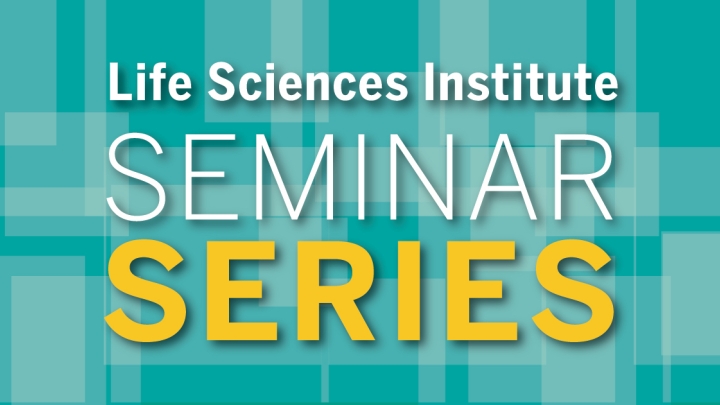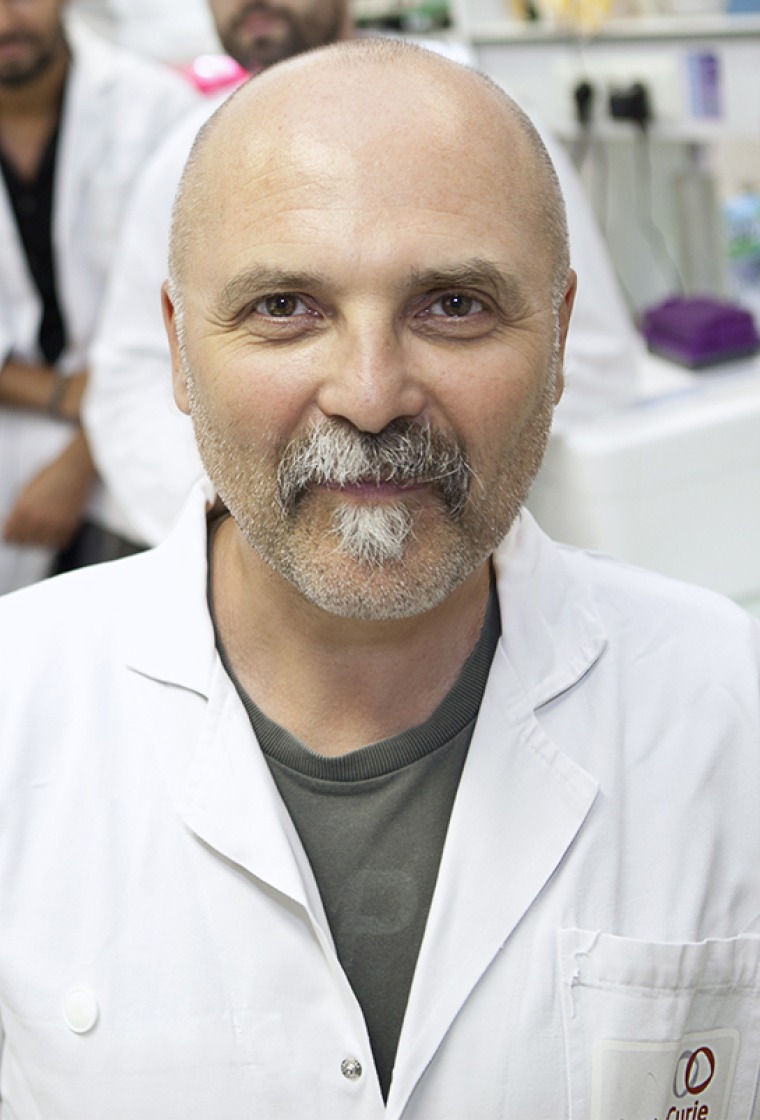
LSI Seminar Series: Philippe Chavrier, Ph.D., Institut Curie
Cancer cells use specialized protrusions termed invadopodia to localize matrix metalloproteinases for matrix degradation and invasion. The lecture will present evidence that invadopodia are self-assembling, force-producing proteolytic cell-matrix contacts that promote matrix pore enlargement to facilitate tumor cell invasion. In addition, unpublished work will be discussed that supports a reciprocal interplay between invadopodia and caveolae, which are plasma membrane invaginations involved in mechanosensitivity, signaling and plasma membrane receptor uptake. Finally, the consequences of tumor cell starvation and mTOR repression on the invadopodia-, MMP-mediated program of tumor cell invasion will be discussed.
Speaker

Philippe Chavrier obtained his Ph.D. from the University of Lyon, France on the transcriptional reactivation of the Epstein Barr virus. He then moved as a postdoc to the Differentiation Program of the European Molecular Biology Laboratory (EMBL) in Heidelberg, Germany where he cloned and characterized a family of Drosophila Krüppel-related zinc-finger domain transcription factors in the mouse. He then joined the Cell Biology Program at EMBL and identified and studied several Rab family GTPases involved in the control of endocytosis. He was awarded a grant from French CNRS to start his own lab at the CNRS-INSERM Immunology Center in Marseille-Luminy, France to work on the interplay between actin dynamics and endocytic membrane recycling in the context of cell migration and phagocytosis. Philippe Chavrier joined the Cell Biology & Cancer Department of Institut Curie/CNRS, Paris, France. His work is focusing on the mechanisms underlying the protease-dependent program tumor invasion program of breast cancer cells.


